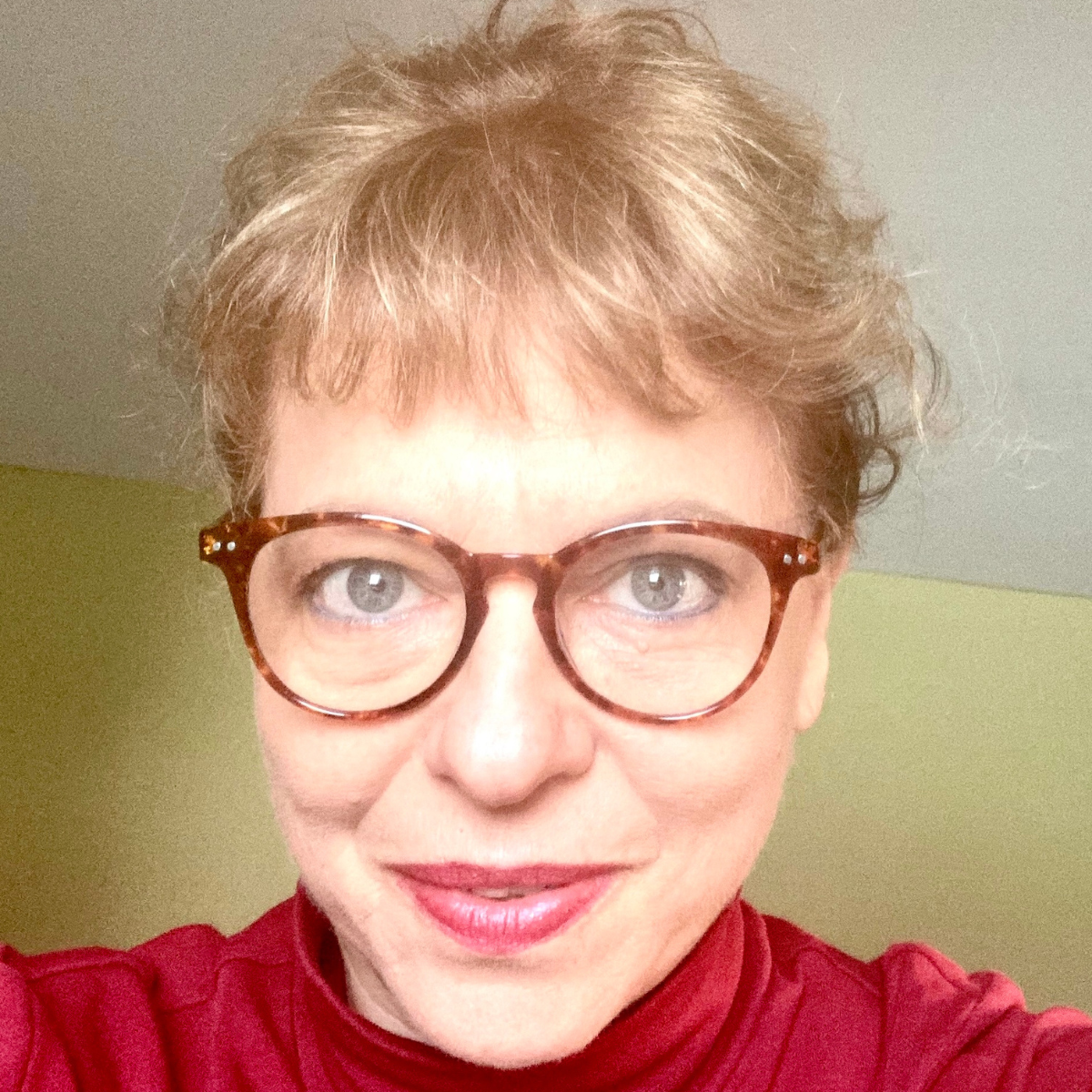ACR-GNY & CUNY Dispute Resolution Center at John Jay College present
No Matter How Good an Expert You Think You Are, Reflective Practice Can Improve Your Outcomes
Reflective Practice and the Structured Reflective Instrument (SRI)
Traditionally, individuals undergo training or formal education, achieving a certain proficiency level. With more experience, professionals settle into a stable, average performance. Working independently, they get to their limits and habitually practice without a clear understanding of what went well and why, and if something goes wrong, there is no one to help fix it. An important question is whether the experience these professionals gained helped them reach their highest performance. On the other hand, those who take a different approach of constantly learning from experience continue to improve, reaching the highest levels of professional mastery.
RP and the Structured Reflective Instrument (SRI) are founded on the premise that we are never “done” and must continually and intentionally improve. We will delve into our Reflective Practice (RP) approach, fueled by our profound passion for continual improvement in navigating complex, emotionally charged conflict circumstances that are rapidly evolving and unpredictable.
Importantly, examining how good we are now is insufficient. We must aim at how good we can be through continuous improvement and heightened awareness of our actions. Also, to reach a higher level of awareness, we need other people who see what we do not see. They can help dissect behaviors, gain a more complete view of reality, and explore different perspectives and actions. The SRI serves as a cornerstone for this approach. Unlike conventional, solution-oriented debriefing methods that rely on general questions, the SRI is a research-based, goal-oriented, four-dimensional, structured reflective framework. Despite its apparent simplicity, it captures a broad spectrum of implicit social-psychological factors driving conflicts, in addition to explicit issues. Through its 4x4x4 set of specific questions and instructions, the SRI structurally guides interveners in enhancing awareness systematically and shifting habitual reactions toward comprehensively considering implicit aspects and suitable practices. Our recent article presents the rationale behind applying RP and the SRI, and we practice the tools jointly in our certificate training programs.


Michael Lang, JD & Tzofnat Peleg-Baker, Ph.D.
For over 40 years Michael Lang, JD has mediated family, workplace, and organizational disputes.
He has designed and presented introductory and advanced mediation and conflict management courses, workshops, and webinars in the US and internationally.
Michael created one of the first graduate programs in conflict resolution in the US at Antioch University in 1992 and served in a similar role at Royal Roads University in Victoria, BC.
In addition to numerous published articles, Michael authored The Practitioners Guide to Reflective Practice in Conflict Resolution (2019), the second edition of which will be published in the fall, 2024, and co-authored The Making of a Mediator: Developing Artistry in Practice, (2000). As part of his long-time commitment to mediator excellence, Michael currently facilitates 7 monthly online reflective practice groups for mediators, with participants from around the world. With Susanne Terry, he founded and is co-director of The Reflective Practice Institute International.
Michael received the John Haynes Distinguished Mediator Award from ACR in 2012 and was named Outstanding Professional Family Mediator for 2020 by the Academy of Professional Family Mediators.
***
Tzofnat Peleg-Baker, Ph.D., is a multidisciplinary applied social psychologist focusing on the conditions and implicit social-psychological barriers to sustainable dialogic forms of relating. Her transformative relational approach draws from research and over twenty years of global practice. Tzofnat's transformative work integrates practical reflective tools rooted in behavioral science research with inclusive social environments and participative organizational practices. Dr. Peleg-Baker has taught courses at universities, globally on dialogue, dignity-based respect, conflict management, mediation, and Diversity, Equity, Inclusion, and Belonging (DEIB), and recently in the School of Business at Rutgers University and Portland Community College.
Tzofnat served as a Board Member in peace organizations, conceptualized and worked as a senior consultant for pioneering democratic schools and dialogic school processes in Israel, led intergroup dialogues in the Middle East between religious and secular groups, Jews and Arabs, and Israelis and Palestinians, and trained and coached government officials in Africa. As the Head of Strategy in the Israeli Ministry of Justice, she played a central role in introducing Alternative Dispute Resolution (ADR) and Restorative Justice across diverse fields. Tzofnat has served as a community and organizational mediator and developed certificate mediation and apprenticeship programs. Presently, Tzofnat leads transformative processes, facilitates monthly reflective peer learning groups, and teaches third-party interveners and dialogue professionals practicing globally in collaboration with international nonprofit organizations. She also provides mediation services to marginalized populations in Oregon. Tzofnat holds a Ph.D. and M.A. in social psychology and education and an M.A. in communication and learning. She authored professional and academic articles and book chapters covering dialogue, relational and conflict transformation, and decision-making in third-party interventions.
|
IMPORTANT NOTE:
The Roundtable Breakfasts are virtual meetings on Zoom. The link will change each month and will be distributed to all registrants the day before and the morning of the event. All listed times for ACR-GNY events are for Eastern Time.
8:00 am – 8:30 am | Join call to network with attendees
8:30 am – 10:00 am | Presentation and Discussion
About the Roundtable Breakfasts
The Roundtable Breakfasts are organized by ACR-GNY and the CUNY Dispute Resolution Center at John Jay College. They take place the first Thursday of the month and are ongoing since 2001.

This program is supported by ACR-GNY's 365 Sponsor:
|
|